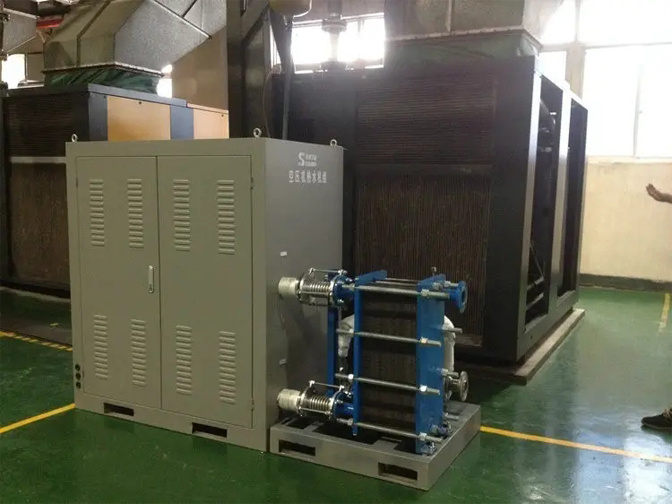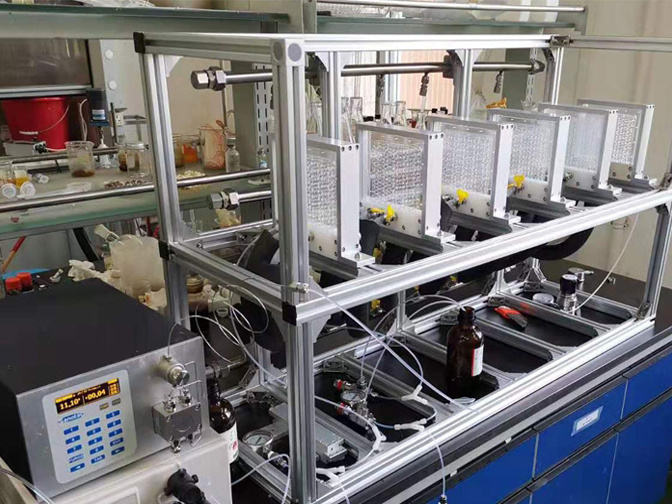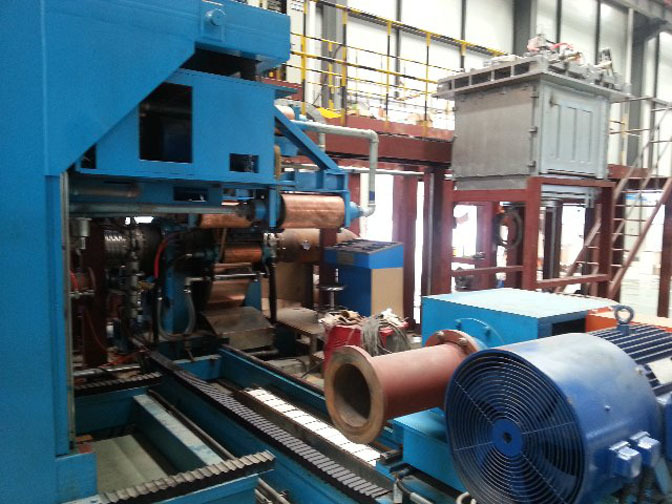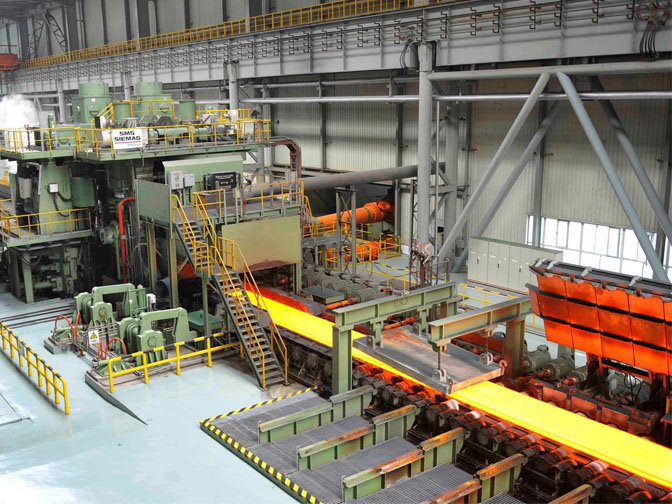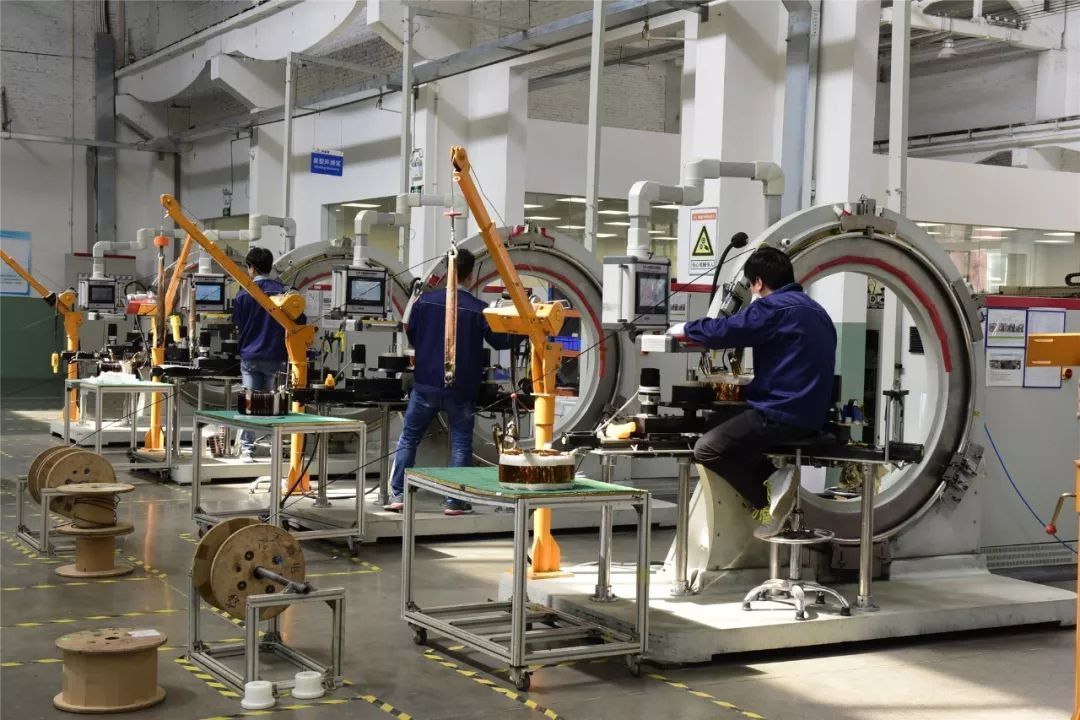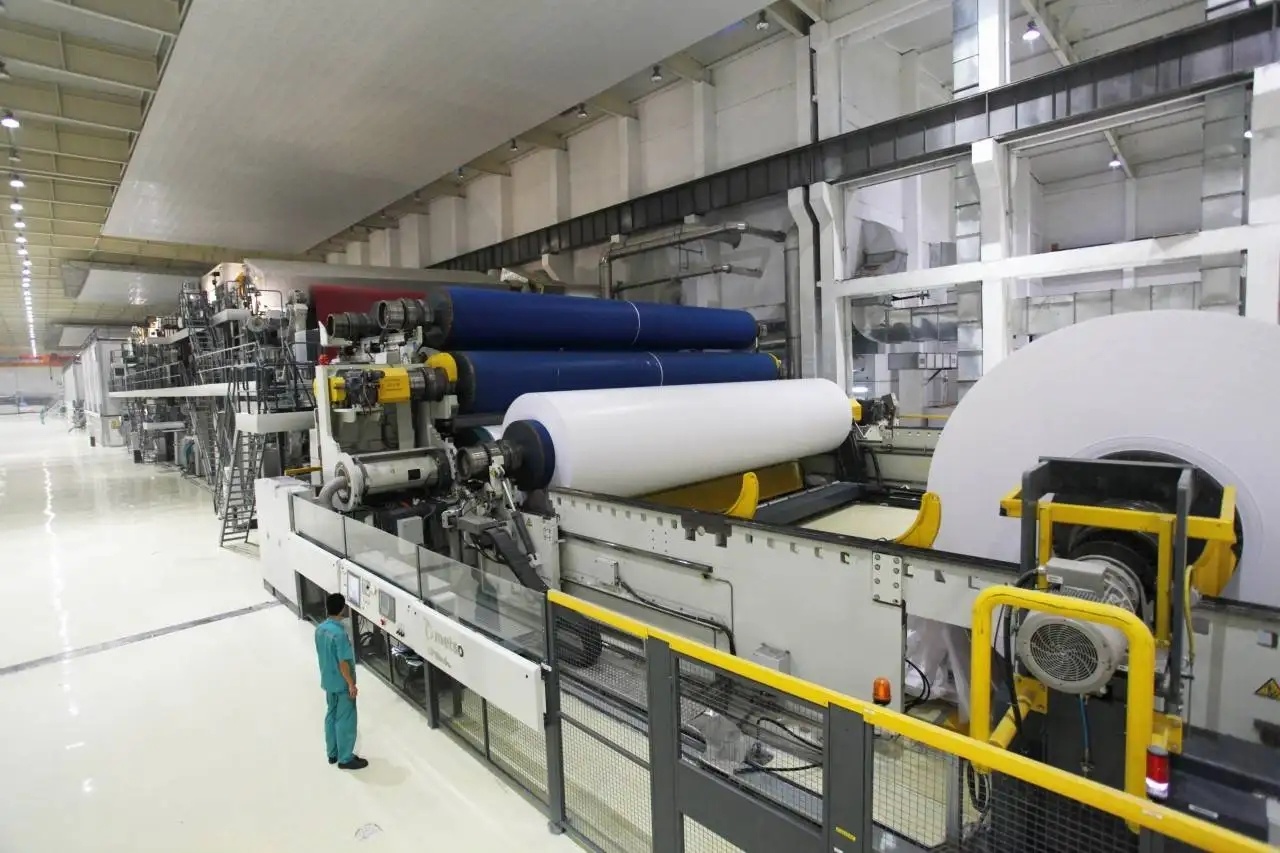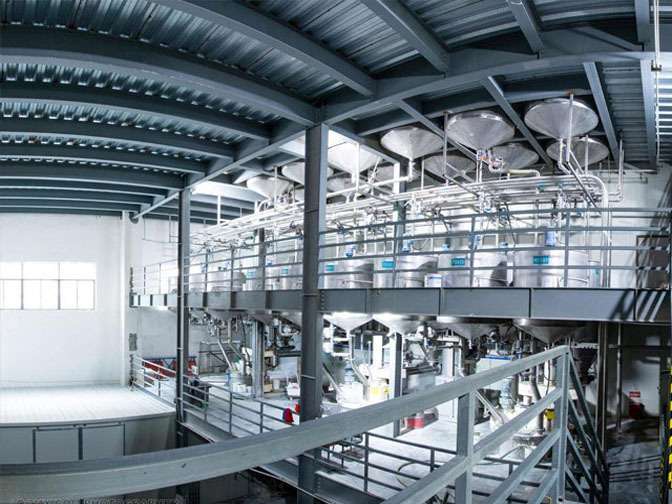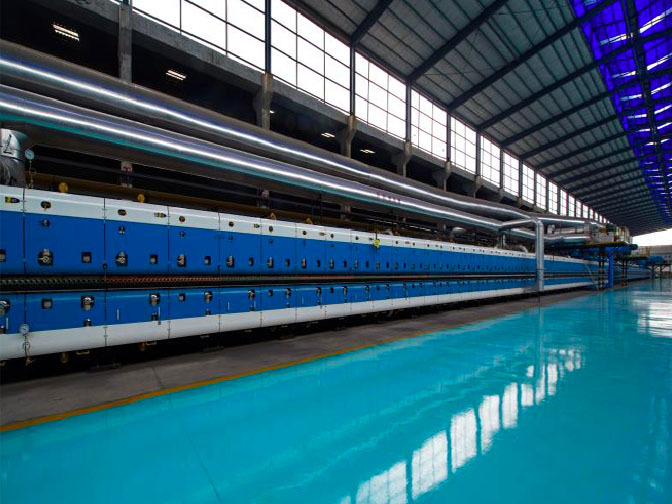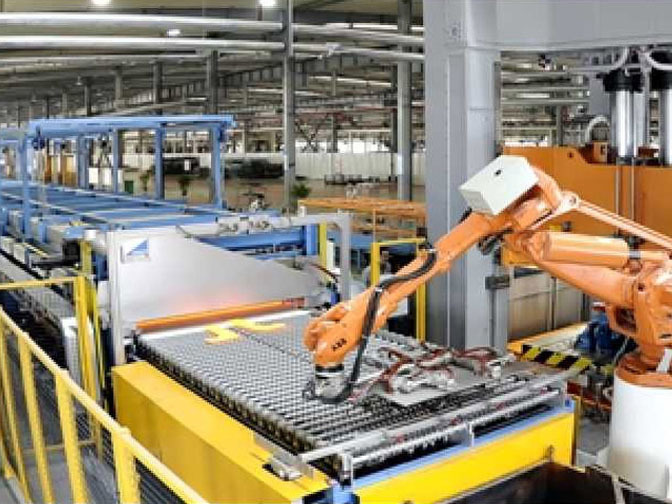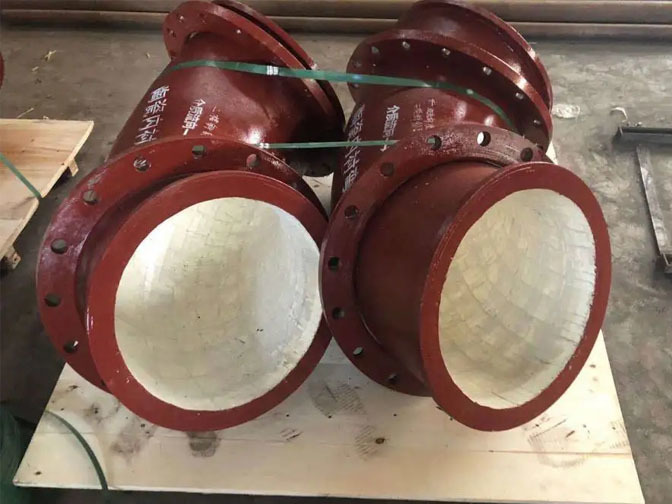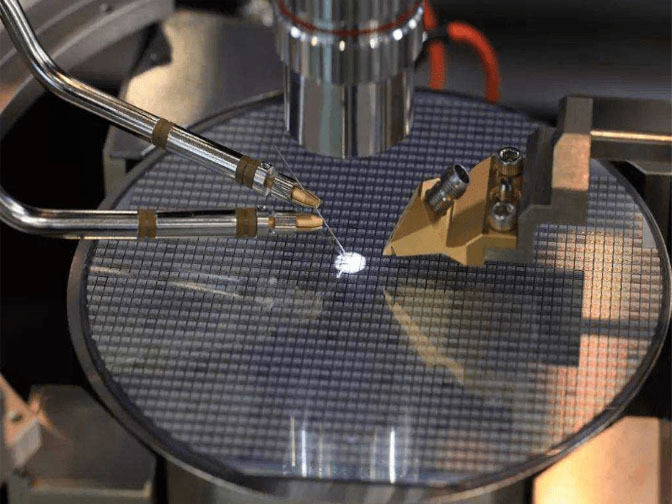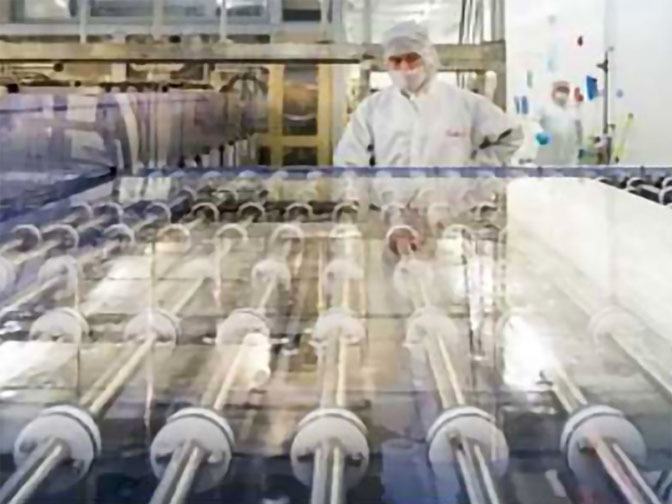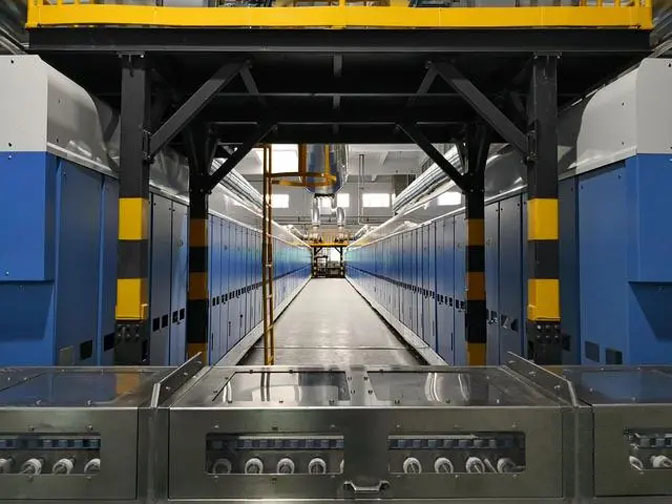Biomedicine
The actual density of silicon carbide ceramics exceeds 98% of the theoretical density of silicon carbide, and silicon carbide is a seal without the use of any impregnating agents. Its hardness is 50% higher than that of tungsten carbide (hard alloy), thus it has super wear resistance and complete impermeability even under extreme high temperatures and pressures, and it does not contaminate the medium and is chemically inert in high purity applications. It is widely used in the medical field, such as in microchannel continuous reaction plates, reaction tubes, shell-and-tube heat exchangers and condensers, and block-type reactors.
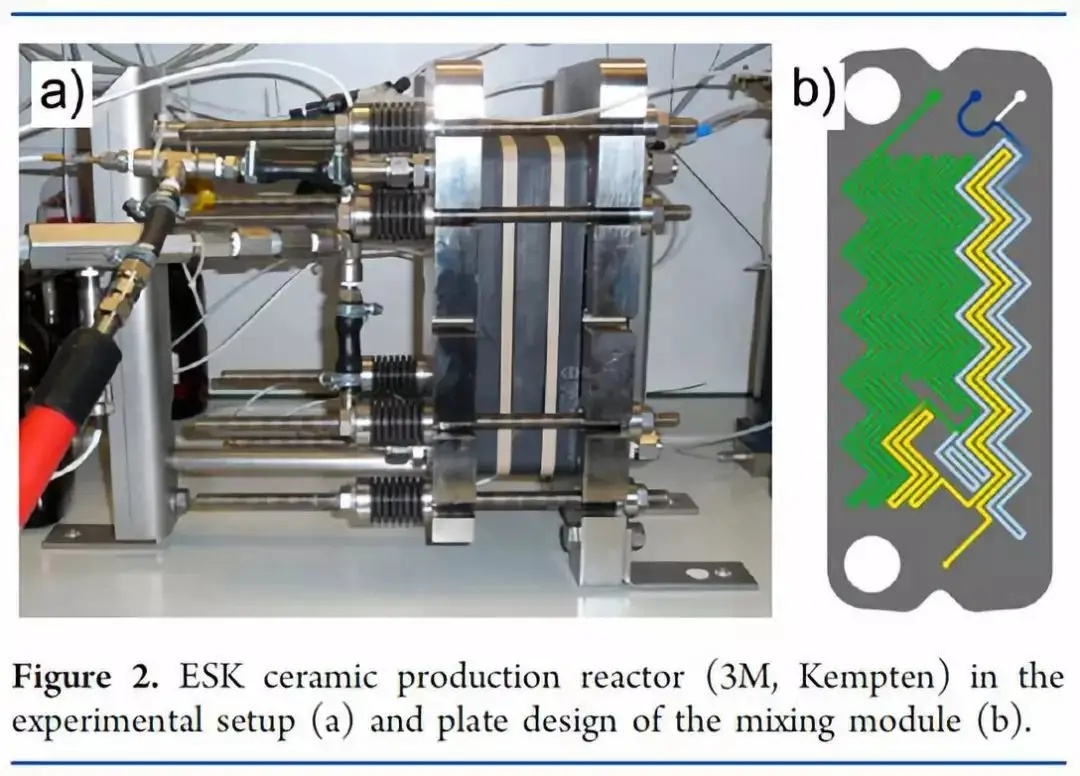
Biomedicine
The actual density of silicon carbide ceramics exceeds 98% of the theoretical density of silicon carbide, and silicon carbide is a seal without the use of any impregnating agents. Its hardness is 50% higher than that of tungsten carbide (hard alloy), thus it has super wear resistance and complete impermeability even under extreme high temperatures and pressures, and it does not contaminate the medium and is chemically inert in high purity applications. It is widely used in the medical field, such as in microchannel continuous reaction plates, reaction tubes, shell-and-tube heat exchangers and condensers, and block-type reactors.





